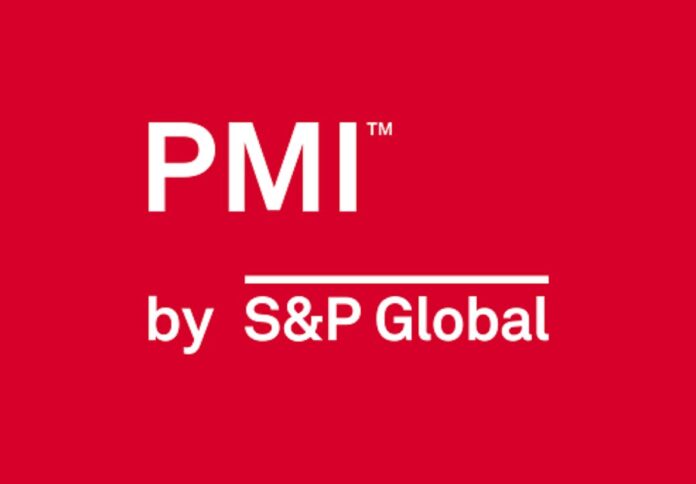
The eurozone’s manufacturing industry slipped further into contraction territory in October, declining to 46.4— the lowest level since May 2020.
The latest figure marks the fourth month in a row the S&P Eurozone Manufacturing PMI report recorded in the sub-50.0 territory, indicating a continuing contraction in manufacturing sector conditions.
The latest headline index fell from September’s 48.4 points.
The S&P Global said the result comes as output and new orders indices slid at all-time lows to rates that were rarely surpassed across the 25 years of PMI data collection.
Export demand also saw a steep decline amid geopolitical uncertainty, high inflation, and weaker economic conditions around the world weighed on foreign client spending.
Manufacturers in the region reduced their purchases of inputs to the quickest extent since May 2020 as output requirements rapidly diminishes.
Meanwhile, supply chain pressures eased up in October as more capacity was freed up at suppliers.
Price pressures, which showed an uptick in September, subsided at the start of the year’s fourth quarter but output charge and input cost inflation rates have remained elevated at record levels.
Euro area manufacturing output has shown a continuous fall in October, extending the current sequence of contraction that began in June.
Panel comments for S&P Global’s survey said falling client demand was a driving factor towards lower productivity.
Meanwhile, a deficit of new work relative to output helped companies clear their pending orders, but employment growth was sustained and edged up fractionally.
Overall, manufacturers in the eurozone said they still expect falling output volumes over the next 12 months.
“Factors that are likely to aggravate the downturn include inflation, which remains stubbornly elevated despite continued evidence that supply-chain pressures are receding,” said Joe Hayes, senior economist at S&P Global Market Intelligence.
“Sentiment among manufacturing firms remained rooted in negative territory once again in October, suggesting that firms foresee these challenging conditions to stretch out long into 2023.”
“Developments in the energy markets will remain a key focus for euro area manufacturers through the winter. The spate of mild weather across Europe so far bodes well and has helped bring wholesale gas prices down,” Hayes added.



















